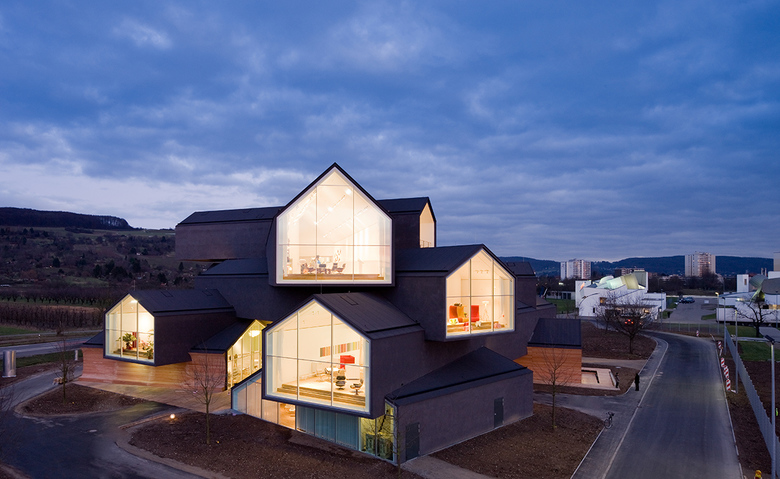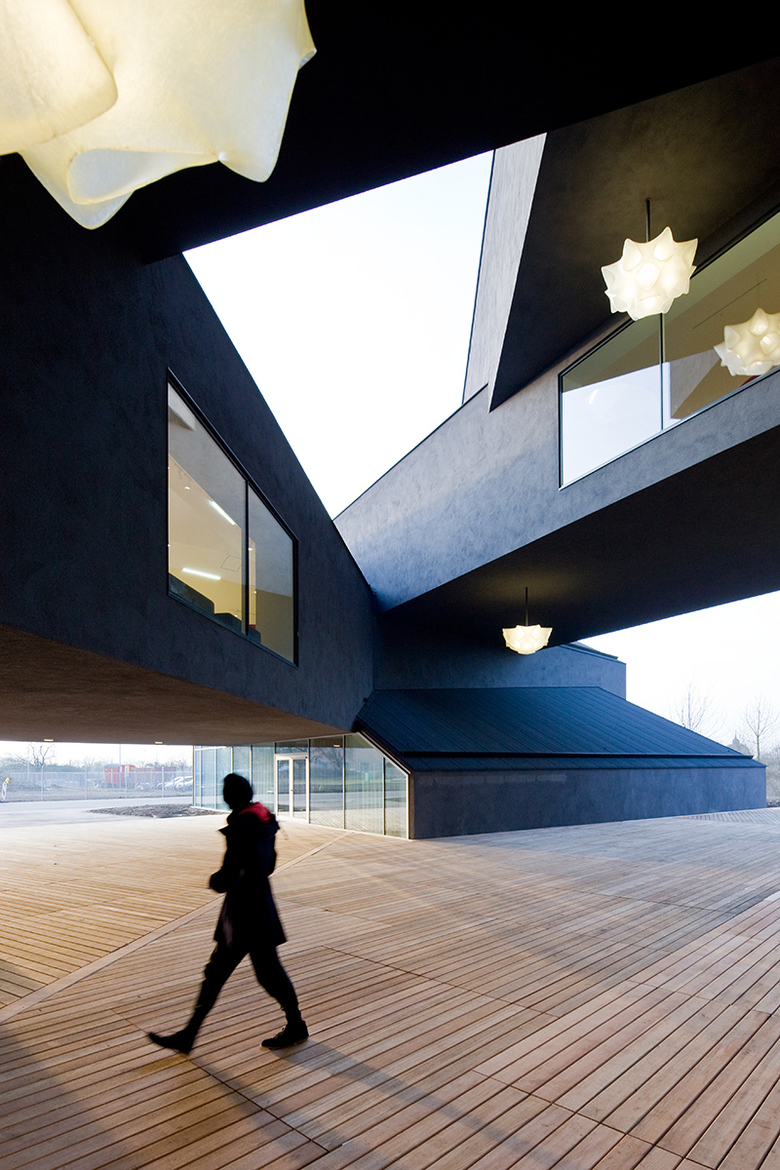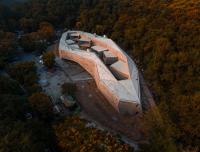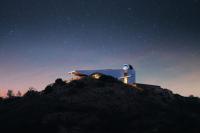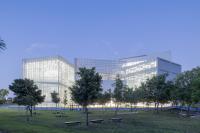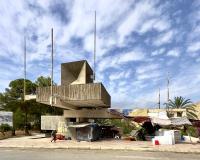VitraHaus
Weil am Rhein, Germany
The building VitraHaus serves as a showroom for the Home Collection and causes the Vitra Campus in Weil am Rhein to stand out, thanks to its exposed position and striking form. The concept behind VitraHaus combines two themes: the “archetypal house” and the “stacking” of spaces. The individual “houses” appear to have come out of an extrusion press and are only glazed at the ends. Stacked on top of each other with a total of five levels and projecting by up to 15 m, the 12 longitudinal structures look like a chaotic pile of houses.
The ground floor comprises five such bodies, three of which have underground levels. Seven units stacked above them form the four upper floors. Their lengths vary, up to a maximum of 50 m.
The stacking produces complex outdoor and indoor spaces: where the volumes are penetrated, large openings are made in the individual bodies. Thus, the support structure functions only as a whole.
The load-bearing behaviour of such bodies can be compared to that of a tube, which is characterised by high stability. On the one hand, the structural analysis of the house-shaped tubular bodies is highly complex, while on the other hand, it is precisely this tube-like stability that enables the forces to be diverted, which is essential because of the penetrations and resulting openings. In VitraHaus, the forces go for a stroll, so to speak. In order to divert the enormous forces, the building elements' wall thicknesses vary, although this is not visible anywhere. The bodies' projections, bridges and divisions are made possible by the spatial load-bearing framework. The loads are transferred by the lift shaft (the walls of which are the only building elements that extend throughout the entire height of the building) and by individual wall intersections. The spiral staircase on the ground floor is fastened to the roof like a steel spring. Earthquake resistance and vibration issues were of particular importance during development of the load-bearing framework.
- Engineers
- ZPF Ingenieure
- Year
- 2010
- Client
- VitraHaus Verwaltungs GmbH
- Architecture
- Herzog & de Meuron, Basel, Switzerland
Related Projects
Magazine
-
-
Building of the Week
A Loop for the Arts: The Xiao Feng Art Museum in Hangzhou
Eduard Kögel, ZAO / Zhang Ke Architecture Office | 15.12.2025 -
